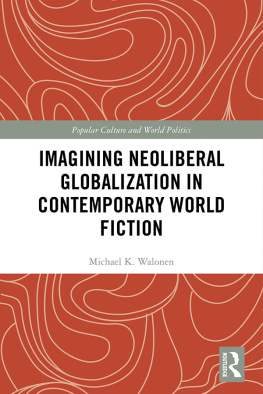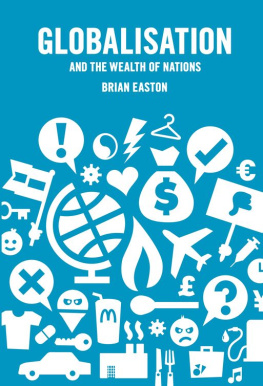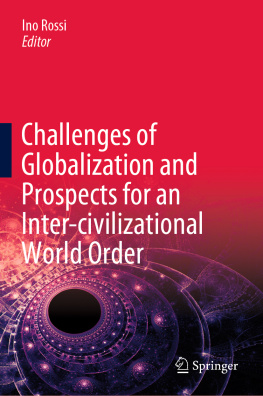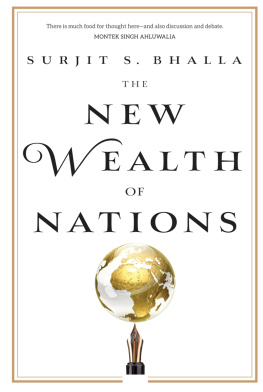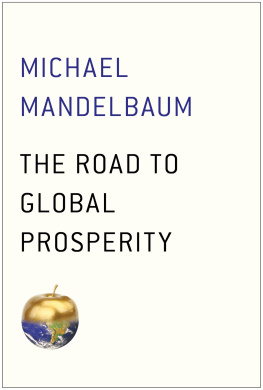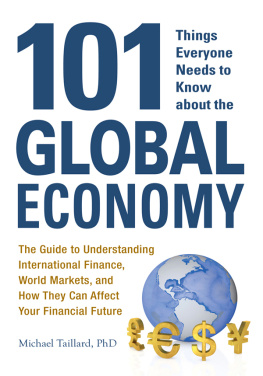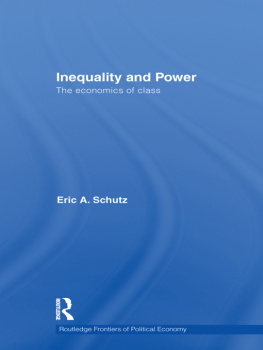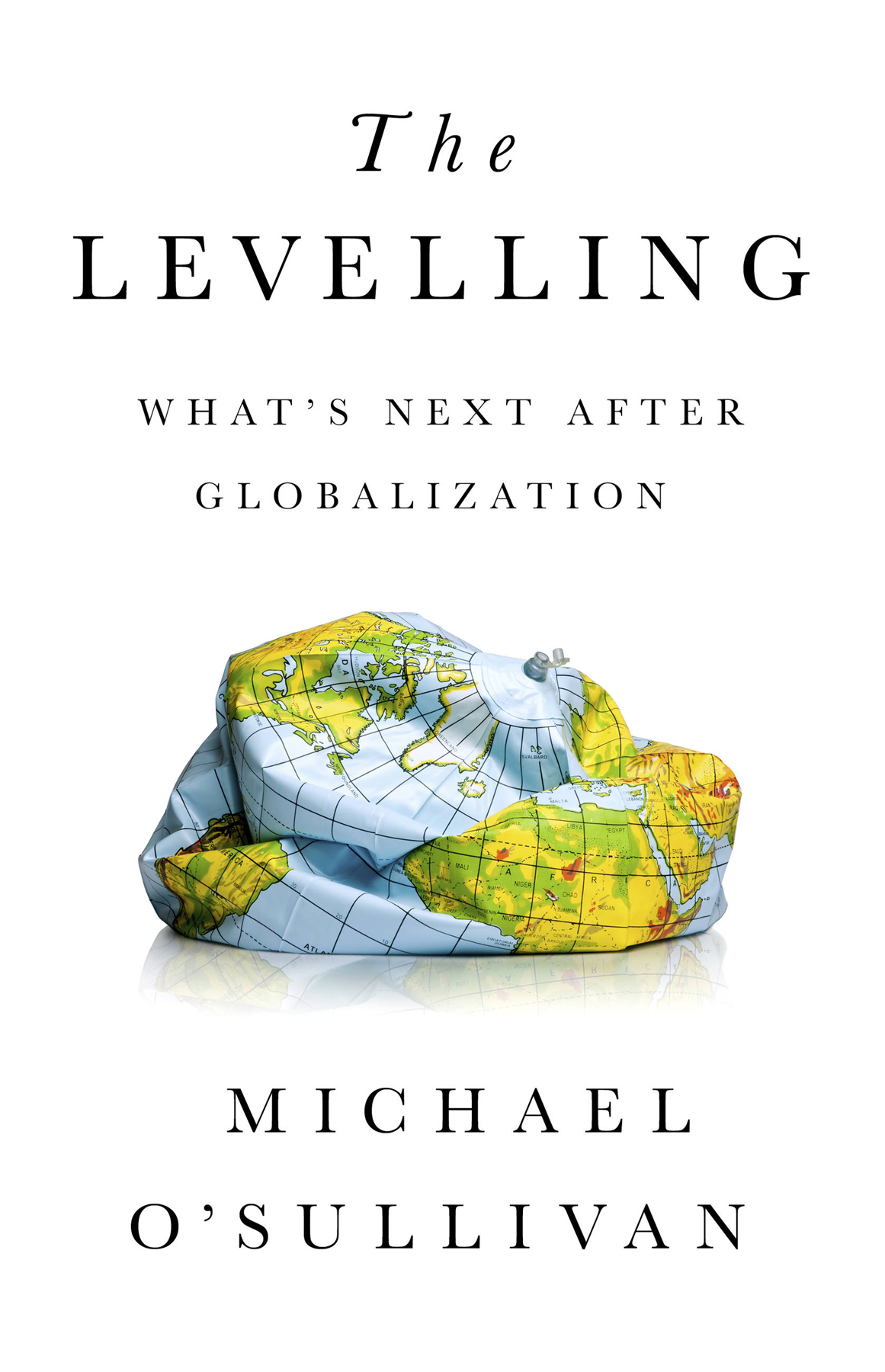Michael O’Sullivan - The Levelling: What’s Next After Globalization
Here you can read online Michael O’Sullivan - The Levelling: What’s Next After Globalization full text of the book (entire story) in english for free. Download pdf and epub, get meaning, cover and reviews about this ebook. year: 2019, publisher: PublicAffairs, genre: Science / Politics. Description of the work, (preface) as well as reviews are available. Best literature library LitArk.com created for fans of good reading and offers a wide selection of genres:
Romance novel
Science fiction
Adventure
Detective
Science
History
Home and family
Prose
Art
Politics
Computer
Non-fiction
Religion
Business
Children
Humor
Choose a favorite category and find really read worthwhile books. Enjoy immersion in the world of imagination, feel the emotions of the characters or learn something new for yourself, make an fascinating discovery.

- Book:The Levelling: What’s Next After Globalization
- Author:
- Publisher:PublicAffairs
- Genre:
- Year:2019
- Rating:5 / 5
- Favourites:Add to favourites
- Your mark:
The Levelling: What’s Next After Globalization: summary, description and annotation
We offer to read an annotation, description, summary or preface (depends on what the author of the book "The Levelling: What’s Next After Globalization" wrote himself). If you haven't found the necessary information about the book — write in the comments, we will try to find it.
The world is at a turning point similar to the fall of communism. Then, many focused on the collapse itself, and failed to see that a bigger trend, globalization, was about to take hold. The benefits of globalization--through the freer flow of money, people, ideas, and trade--have been many. But rather than a world that is flat, what has emerged is one of jagged peaks and rough, deep valleys characterized by wealth inequality, indebtedness, political recession, and imbalances across the worlds economies.
These peaks and valleys are undergoing what Michael OSullivan calls the levelling--a major transition in world economics, finance, and power. Whats next is a levelling-out of wealth between poor and rich countries, of power between nations and regions, of political accountability from elites to the people, and of institutional power away from central banks and defunct twentieth-century institutions such as the WTO and the IMF.
OSullivan then moves to ways we can develop new, pragmatic solutions to such critical problems as political discontent, stunted economic growth, the productive functioning of finance, and political-economic structures that serve broader needs.
The Levellingcomes at a crucial time in the rise and fall of nations. It has special importance for the US as its place in the world undergoes radical change--the ebbing of influence, profound questions over its economic model, societal decay, and the turmoil of public life.
Michael O’Sullivan: author's other books
Who wrote The Levelling: What’s Next After Globalization? Find out the surname, the name of the author of the book and a list of all author's works by series.

